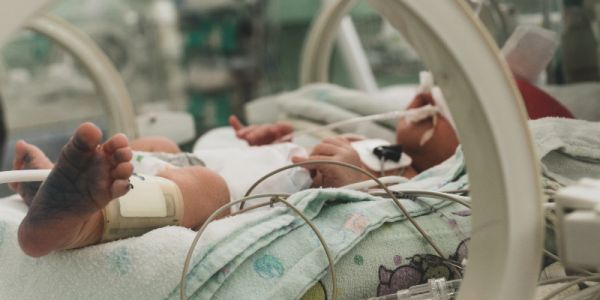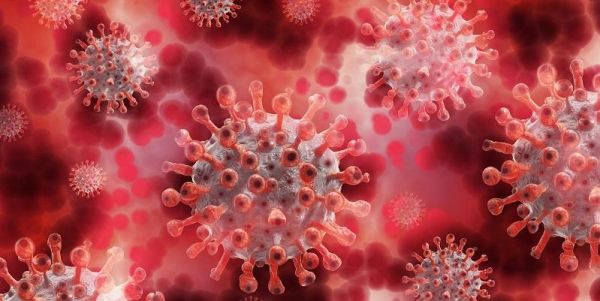
Reducing mechanical ventilation improves outcomes for critically ill children
A major UK clinical trial has shown how a new approach to reduce the use of mechanical ventilation can greatly improve outcomes for critically ill infants and children.

A major UK clinical trial has shown how a new approach to reduce the use of mechanical ventilation can greatly improve outcomes for critically ill infants and children.

A simple electrical fan is the key component of a low-cost, easy-to-use breathing-support device designed to cope with the surge in COVID-19 cases in low to middle income countries.

New research has revealed a way to help identify which patients with an aggressive type of bone cancer are least likely to be cured by current standard treatment.

A major UK trial of cannabis-based drug Sativex in treating the most aggressive form of brain tumour is to launch at 15 NHS hospitals, following promising results from a phase I study in 27 patients.

Scientists at Leeds and Cambridge have successfully reversed age-related memory loss in mice and say their discovery could lead to the development of treatments to prevent memory loss in people.

A West Yorkshire city’s ambitious plans to tackle the effects of climate change are being supported by three University of Leeds students.

Eight new fellowships designed to promote equality, diversity and inclusion in science have been awarded at Leeds, thanks to an historical endowment established alongside the British Heart Foundation.

A major £3.4 million research project has launched to identify the best way to treat and support the one million people in the UK now living with long COVID.

Improving ventilation in workplaces and on public transport and fears of NHS overload during the COVID-19 pandemic have been highlighted in two new research reports.

A new way to target a mutant protein which can cause the deadliest of cancers in humans has been uncovered by scientists at Leeds.